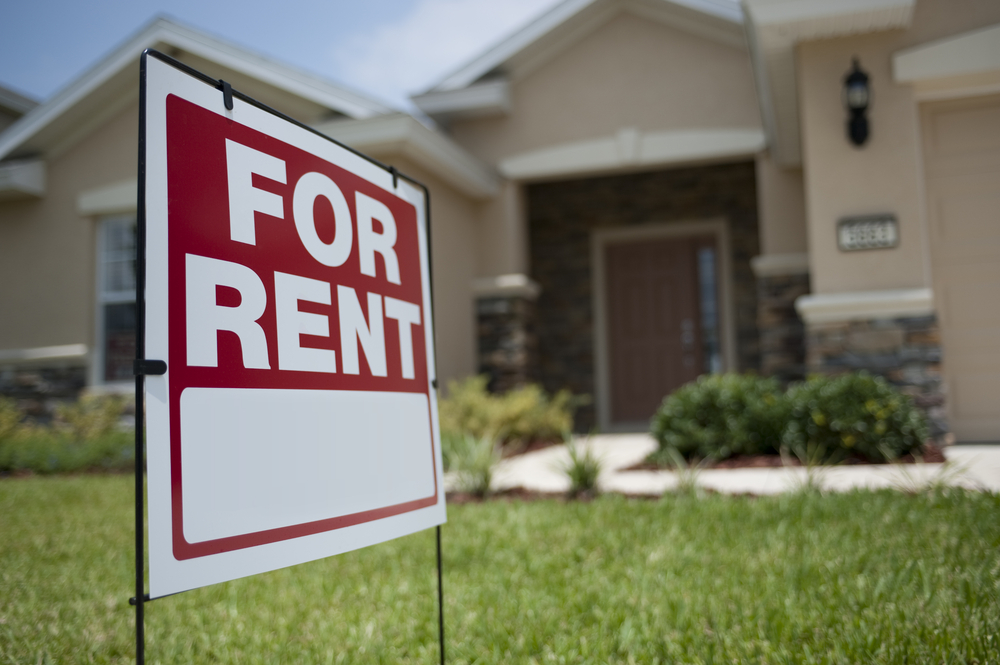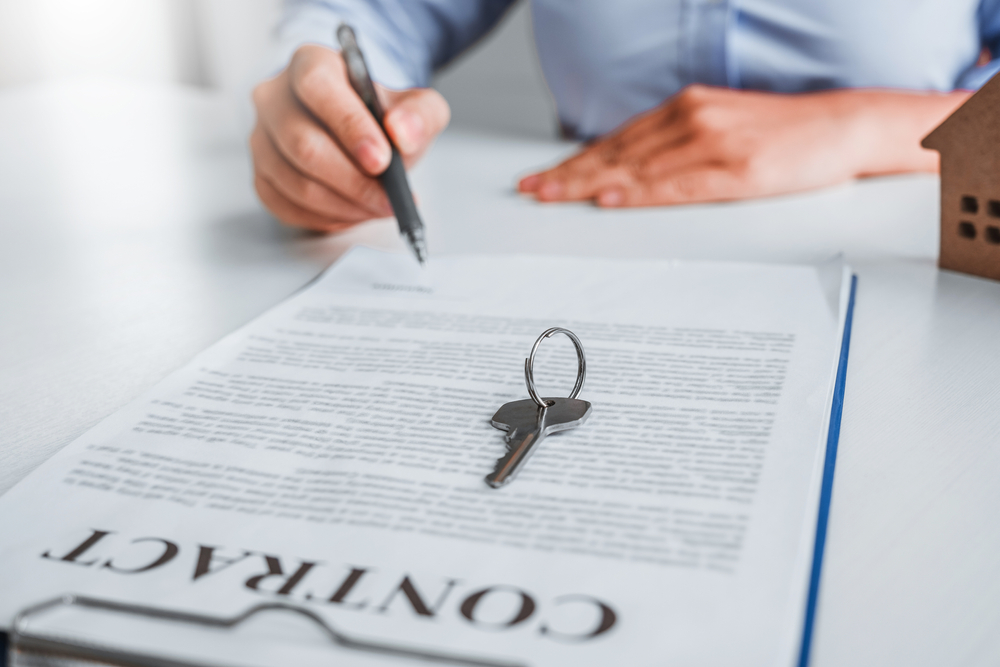
A blend of high humidity and frequent rain, the climate in Miami inadvertently provides a breeding ground for mold to prosper in residential properties. While it’s natural, mold can pose significant health risks and structural damage, becoming a silent but potent adversary. For renters in Miami, understanding and navigating through the renters’ rights associated with mold issues is crucial. ETA Mold, situated in the heart of Florida, aims to amplify this knowledge, ensuring everyone can breathe a little easier.

Understanding Mold and Its Implications
Mold – a term that often conveys distress to renters. But what exactly does it entail?
- Health Risks: Mold exposure can lead to respiratory issues, allergies, and other health concerns.
- Property Damage: From discoloration to structural harm, mold gradually sabotages the integrity of buildings.
Understanding your position and rights as a renter is pivotal in efficiently navigating mold-related predicaments.
Renters’ Rights in Miami: Key Legislation Guiding
The city of Miami observes strict adherence to specific statutes designed to protect renters:
- Florida Statute 83.51: Obligates landlords to maintain rental properties, ensuring they are habitable and safe.
- Local County Ordinances: These may further articulate the obligations of landlords towards maintaining properties in a mold-free condition.

Your Rights as a Renter: Tackling Mold Issues
Understanding the Renters’ Rights Miami Mold problems in alignment is crucial for taking informed actions. Here are key highlights:
- Right to Habitability: Entitles renters to a livable, safe, and sanitary space.
- Right to Repair and Deduct: Renters might repair mold damage themselves and deduct the cost from their rent, subject to certain conditions.
- Right to Withhold Rent: If a landlord fails to address mold issues, renters can, under certain circumstances, withhold rent until remediation is accomplished.
Tenant-Landlord Communication: A Crucial Aspect
Ensuring open and documented communication with your landlord is vital:
- Reporting Mold: Always report mold issues in writing, ensuring you have a tangible record.
- Following Up: Ensure you follow up if the initial communication is ignored or inadequately addressed.
- Legal Counsel: If negotiations crumble, consulting with a legal expert becomes invaluable in safeguarding your rights and interests.

Preventive Measures for Renters
Protection begins with prevention. For renters, this means:
- Regular Inspections: Periodically check potential mold-growing zones, such as bathrooms and under sinks.
- Ventilation: Ensure good air circulation, using exhaust fans and opening windows when possible.
- Addressing Leaks: Immediate action on leaks and water seepage prevents mold growth in the initial stage.
Strategies for Effective Mold Remediation
Navigating through mold issues isn’t merely about identification but also about thorough remediation. In Miami, illuminated by their rights and potential steps to combat mold, Renters need to employ strategic and effective mold remediation practices.
- Immediate Response: Swift action is paramount. The sooner you address mold, the less damage it can inflict on property and health.
- Professional Assistance: Employing the services of mold remediation experts like ETA Mold guarantees comprehensive resolution. Experts can identify, treat, and eliminate mold, ensuring it doesn’t make an unwelcome return.
- Utilizing Renters’ Insurance: Depending on your policy, renters’ insurance might cover mold damage, mainly if it results from a covered peril like a burst pipe.
- Relocation During Remediation: Depending on the severity of the mold issue, temporary relocation might be necessary to safeguard your health during the remediation process.

Legal Avenues for Persistent Issues
If mold issues persist despite communicating and employing preventive measures, it’s crucial to explore legal avenues. Legal representation becomes vital when navigating renters’ rights when health has been adversely affected or when the property becomes uninhabitable due to mold. A legal expert will navigate the applicable state statutes and local ordinances, ensuring your rights are unequivocally protected and advocated for.
In-depth understanding, a preventive mindset, actionable strategies, and having a knowledgeable ally like ETA Mold form the foundation for maintaining a mold-free living environment. A habitable home isn’t merely a want but a lawful right, and in the moist climes of Miami, being perpetually armed with knowledge and strategies against mold becomes an indispensable part of the renting experience.
ETA Mold: Your Ally Against Mold Troubles
Situated in Florida, ETA Mold has been a beacon of support for renters grappling with mold issues. With a commitment to:
- Education: Informing renters about their rights and preventative measures.
- Advocacy: Standing alongside renters, facilitating communication, and, if necessary, mediating resolutions between landlords and tenants.
- Remediation: Providing expert mold remediation services, ensuring safe and healthy living spaces.
Understanding and asserting your Renters’ Rights Miami Mold problems is about safeguarding health and ensuring that the sanctity of your home remains untarnished. In the sprawling city of Miami, where mold finds a rather friendly habitat, being aware of the law’s preventive measures and having a reliable partner like ETA Mold ensures your renting experience remains positive, safe, and firmly rooted in awareness and action.




I have a severe mold issue as a renter that has gone unanswered.
Hello Thomas,
I’m truly sorry to hear about your severe mold issue as a renter. Dealing with mold problems can be distressing, and it’s concerning that your concerns have gone unanswered.
In such situations, it’s essential to take proactive steps:
Document the Issue:
Take clear pictures or videos of the affected areas to document the extent of the mold problem. This visual evidence can be crucial in discussions with your landlord.
Notify Your Landlord in Writing:
Send a written notice to your landlord, detailing the mold issue, its impact on your living conditions, and any actions you’ve taken to address it. Keep a copy of this communication for your records.
Know Your Rights:
Familiarize yourself with tenant rights regarding habitability and maintenance in your jurisdiction. Understanding your rights can empower you to advocate for a timely resolution.
Request Professional Inspection:
If your landlord continues to be unresponsive, consider requesting a professional mold inspection. This can provide an expert assessment of the situation and may add weight to your case.
Seek Legal Advice:
If all else fails, consult with a tenant rights attorney to explore your options. They can provide guidance on how to proceed and ensure your rights are protected.
Remember, your health and well-being are a priority. If you have any health concerns due to the mold, consider seeking medical advice.
I hope your situation improves soon. If you have any more questions or need further assistance, feel free to reach out.
Best wishes,
ETA Mold Team